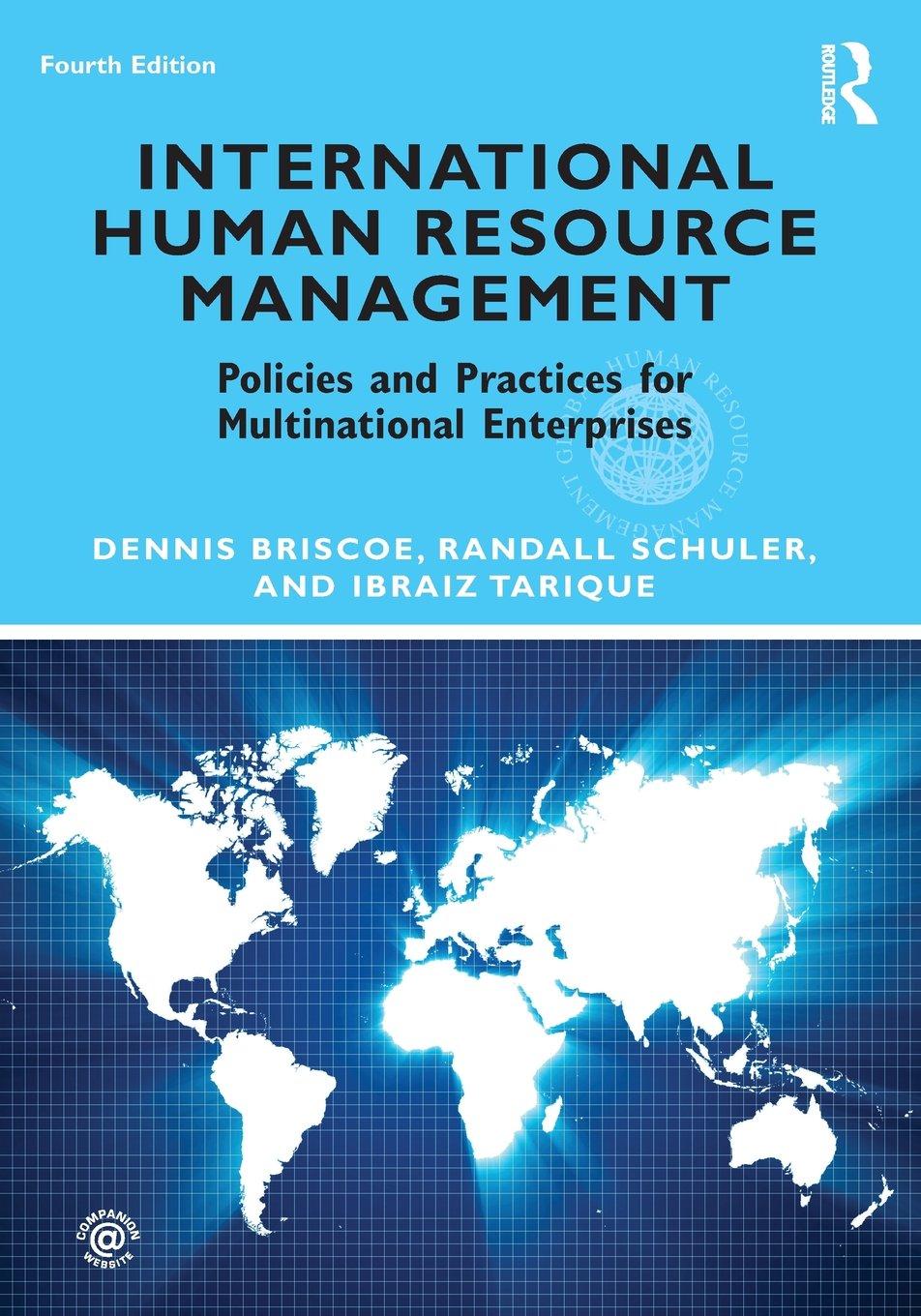How did OBI capitalize on the strengths of its multi-domestic strategy when shifting its structure to a
Question:
How did OBI capitalize on the strengths of its multi-domestic strategy when shifting its structure to a transnational organization? CASE 15.1: Becoming an HR Transnational at Germany's OBI (Germany) OBI, the leading DIY home improvement retailer in Europe, operating 537 stores in 1 3 countries (as of late 2009), was founded in Germany in 1970 and expanded rapidly into other European markets in the 1990s and 2000s. As happens with international¬ ization in most retail businesses, new stores in new countries (in OBI's case, largely in Central and Eastern Europe) typically develop largely stand-alone operations and procedures. In OBI's case, as the firm grew very rapidly, independent and local HR practices began to present major problems.
While most of OBI's stores are owned and operated by the company, some operate under franchise agreements. And, in some countries, such as Russia and Ukraine, OBI entered into joint ventures with local partners as a way to expand its business while maintaining full operational control. In most of these new countries and new stores, coordination with parent-company headquarters depended more on an individual manager's willingness to network within the informal structure than on any requirement of formal corporate policies. This was especially true for human resource management practices, e.g., recruiting and staffing procedures and employee performance evalua¬ tions. To a large degree, each store developed its own way of doing things. There were several differing competency models, rating scales, and performance evaluation processes being used. And staffing activities were even more disparate.
Step by Step Answer:

International Human Resource Management Policies And Practices For Multinational Enterprises
ISBN: 9780415884754
4th Edition
Authors: Dennis Briscoe, Randall Schuler, Ibraiz Tarique





